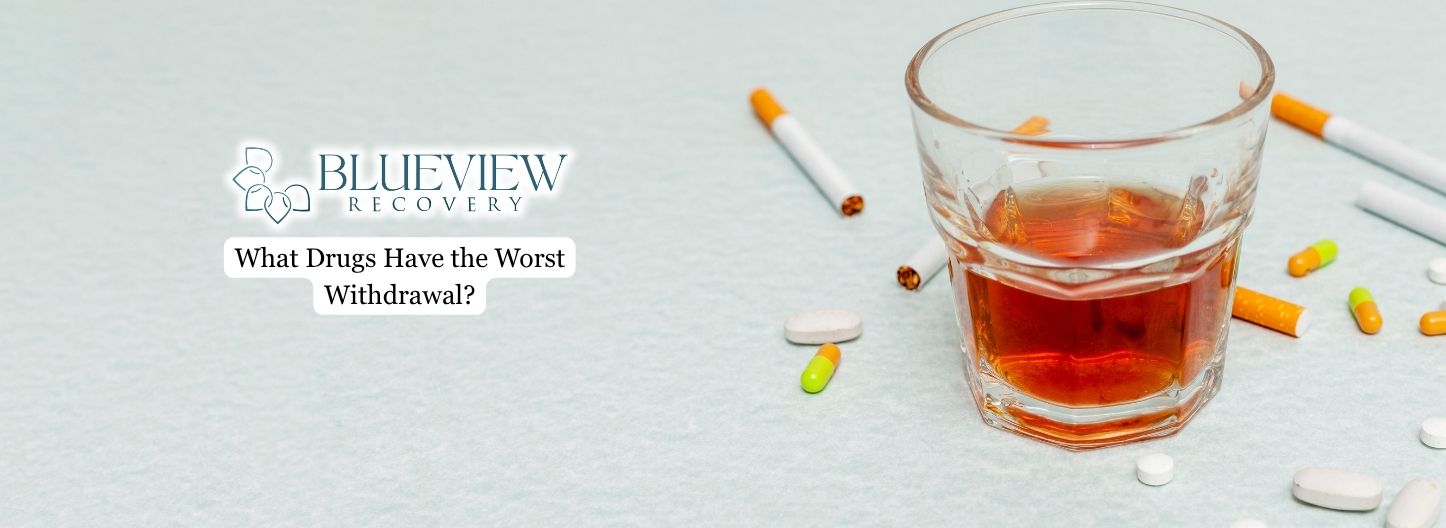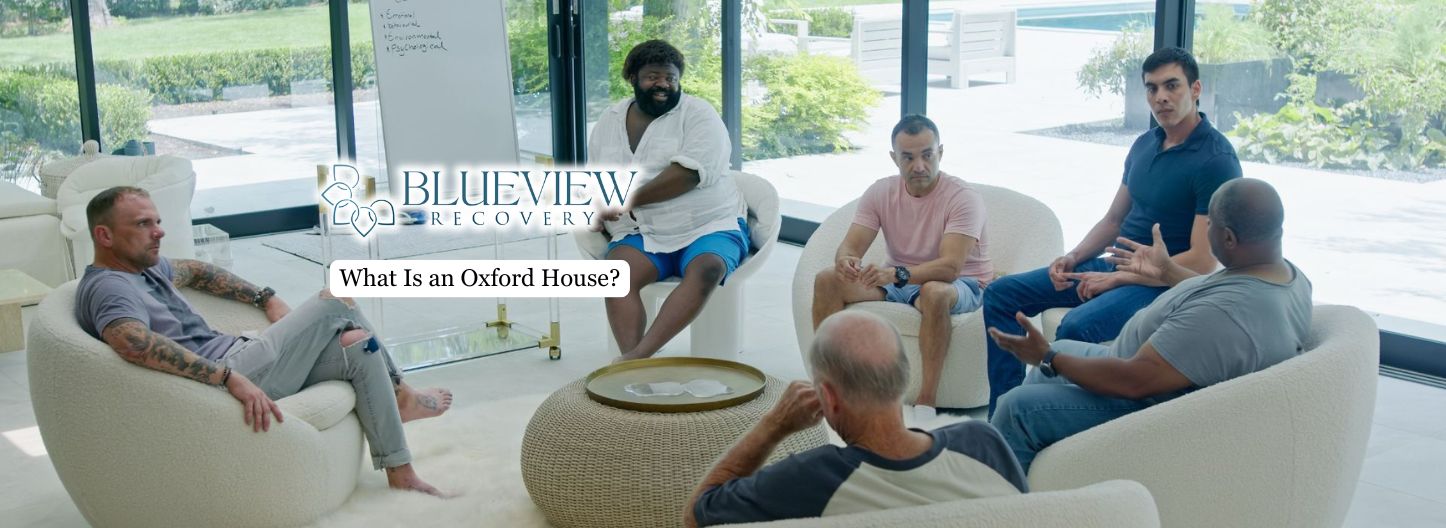Partial hospitalization programs (PHPs) serve as an essential link between inpatient treatment and traditional outpatient services, offering a comprehensive approach to addressing the complex needs of individuals battling substance use disorders.
This article will delve into the inner workings of partial hospitalization for addiction treatment, examining its structure, components, and how the treatment process helps individuals achieve and maintain sobriety.

Daily Schedule in PHP Treatment
In a typical Partial Hospitalization Program you’ll engage in 5-6 hours of therapeutic activities, 5-7 days a week, mimicking a workday schedule.
The schedule incorporates a range of therapeutic interventions, including individual counseling, group therapy sessions, psychoeducation, and medication management.
Patients may also engage in specialized groups that focus on topics such as relapse prevention, life skills training, and holistic therapies like mindfulness practices or art therapy.
Throughout the day, individuals participate in structured activities designed to address the physical, psychological, and social aspects of addiction.
The program often includes breaks and lunch periods, allowing patients to practice social skills and build supportive relationships with their peers.
At the end of each day, patients return home or to a sober living environment, where they can apply newly learned coping strategies in real-life situations. Read more about the duration of PHP for addiction treatment.
Therapeutic Approaches in PHP
Evidence-based therapies like Cognitive Behavioral Therapy (CBT) and Dialectical Behavior Therapy (DBT) are cornerstone treatment modalities in PHP. These therapies help you identify and change negative thought patterns, develop coping skills, and manage co-occurring mental health disorders.
Through individual and group therapy sessions, you’ll gain insight into the underlying causes of your substance abuse and learn strategies to maintain sobriety. Family-focused groups are also incorporated to facilitate healing and improve communication among loved ones impacted by addiction.
Benefits of Partial Hospitalization for Addiction Recovery
These intensive treatment programs allow you to receive comprehensive treatment for substance use disorders while maintaining your daily responsibilities. You’ll engage in evidence-based therapies like CBT and DBT, which enhance coping skills and promote long-term recovery.
PHPs also include family-focused groups, fostering a supportive environment that rebuilds trust and communication. As a cost-effective alternative to residential treatment, partial hospitalization programs make intensive support accessible without the need for 24-hour supervision.
Through daily participation in group therapy and individual counseling, you’ll gain the tools and strategies needed to overcome addiction and maintain sobriety, setting the foundation for a healthier, more fulfilling life.
Treatment Process in PHP
The personalized outpatient treatment journey begins with a comprehensive assessment and individualized treatment planning, ensuring the program is tailored to meet the unique needs of each patient. At the core of PHP treatment lies a powerful combination of individual therapy sessions, group counseling, and psychoeducational programming designed to foster growth and healing.
For those grappling with co-occurring disorders, medication management and psychiatric evaluations are seamlessly incorporated into the treatment plan.
Throughout their transformative journey, patients immerse themselves in a diverse array of therapeutic activities, ranging from the expressive realms of art and music therapy to the nurturing environment of wellness center activities and the empowering lessons of life skills development programs.
To ensure the efficacy of the treatment and allow for necessary adjustments, regular drug screenings and progress evaluations are conducted with utmost care and attention.
Recognizing the profound impact of family support, the program often integrates family involvement and counseling, fostering a supportive network that strengthens the patient’s path to recovery.
As patients make strides in their healing process, the focus gradually shifts to the crucial aspects of relapse prevention, job readiness, and meticulous planning for continued care. This phase is designed to prepare individuals for a smooth and successful transition back into their daily lives while maintaining a steadfast commitment to their ongoing recovery journey.

Transitioning and Aftercare
As you near the completion of your Partial Hospitalization Program, you’ll work closely with your treatment team to develop a comprehensive aftercare plan that supports your ongoing recovery.
Transitioning to lower levels of care, such as Intensive Outpatient Programs (IOP) or outpatient therapy, is a common and supported step in maintaining your progress.
Your aftercare plan will include access to community resources, support systems, and ongoing services like alumni programs and group therapy sessions.
Regular follow-up appointments with therapists or counselors will help you monitor your progress and address any emerging challenges.
Relapse prevention strategies, including coping skills and participation in support groups, will be crucial components of your aftercare, helping you navigate potential triggers and stressors in your daily life.
Final Thoughts from Blueview Recovery
Blueview Recovery’s Partial Hospitalization Program (PHP) in King of Prussia offers a nurturing environment where individuals can develop effective coping strategies, address co-occurring disorders, and establish a robust support network for their recovery journey. The program’s flexible structure allows participants to focus intensively on their recovery during the day while returning to their homes in the evenings, facilitating a smooth transition back into everyday life.





